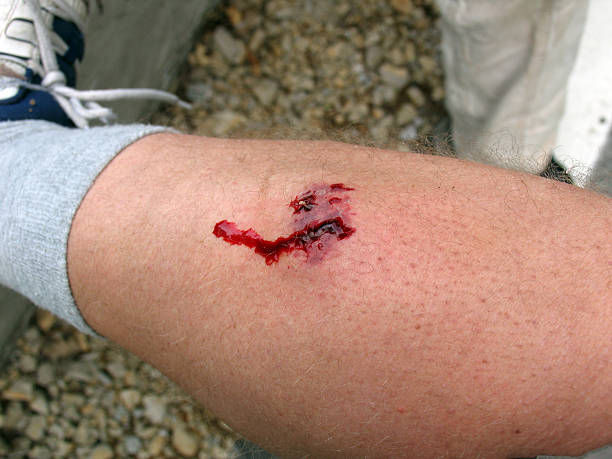When dealing with insurance adjusters following a dog bite incident, it’s crucial to approach the situation strategically. Remember, these professionals are trained to minimize payouts, so proceed cautiously. You’ll want to gather all the necessary evidence to support your case and be prepared for potential challenges during the negotiation process. By understanding their tactics and being well-prepared, you can navigate this process effectively and ensure you receive the compensation you deserve.
Understanding Insurance Adjusters’ Tactics
Understanding their tactics can significantly impact your claim settlement when dealing with insurance adjusters after a dog bite incident. Insurance adjusters are trained to protect the insurance company’s interests, so it’s crucial to be aware of common strategies they may use to minimize your claim. One tactic adjusters often employ is to downplay the severity of your injuries or the circumstances of the dog bite incident. They may try to shift blame onto you or question the validity of your claim to reduce the compensation they have to pay out.
Another tactic adjusters use is to pressure you into accepting a quick settlement offer far below what you may be entitled to. They may rush you through the claims process before you have fully assessed the extent of your injuries and damages. It’s essential to remain patient and not succumb to this pressure, as accepting a lowball offer could leave you under-compensated for your losses. By understanding these tactics and remaining vigilant during negotiations, you can better position yourself to secure a fair settlement for your dog bite claim.
Documenting Evidence for Your Claim
How can you effectively document evidence to support your dog bite claim? After a dog bite incident, gathering as much evidence as possible is crucial to strengthen your case. Start by taking photos of your injuries immediately after the attack. Make sure to capture clear images from various angles to show the severity of the bites. Additionally, document any torn or bloody clothing you wore during the incident.
Seek medical attention promptly and keep detailed records of all treatments received. This includes medical reports, bills, and any prescriptions given to you. Medical records are essential evidence of the extent of your injuries and the associated costs.
Obtain witness statements from individuals who saw the dog attack occur. Their testimonies can provide valuable support for your claim. It’s also essential to keep a journal documenting the physical and emotional impact of the dog bite on your daily life. This record can serve as compelling evidence when negotiating with insurance adjusters. By diligently documenting all relevant information, you can strengthen your position and increase the likelihood of a favorable outcome in your claim.
Negotiating a Fair Settlement
Once you have gathered all the necessary evidence, you can start working towards negotiating a fair settlement with the insurance adjusters. When entering into negotiations, it’s essential to remain calm and professional. Present your evidence clearly and confidently to support your compensation claim. Be prepared to explain how the incident has impacted you physically, emotionally, and financially.
Start by outlining your expectations for the settlement based on your gathered evidence. Understanding the extent of your damages and the compensation you believe is fair is crucial. Listen carefully to the adjuster’s response and be open to discussions and counteroffers. Remember, negotiations may involve back-and-forth communication before reaching a mutually acceptable agreement.
If you feel overwhelmed or unsure during the negotiation process, consider seeking assistance from a legal professional experienced in handling dog bite cases. They can provide valuable guidance and support to help you navigate the negotiation process and ensure you receive a fair settlement that adequately compensates you for your damages.

Leave a Reply